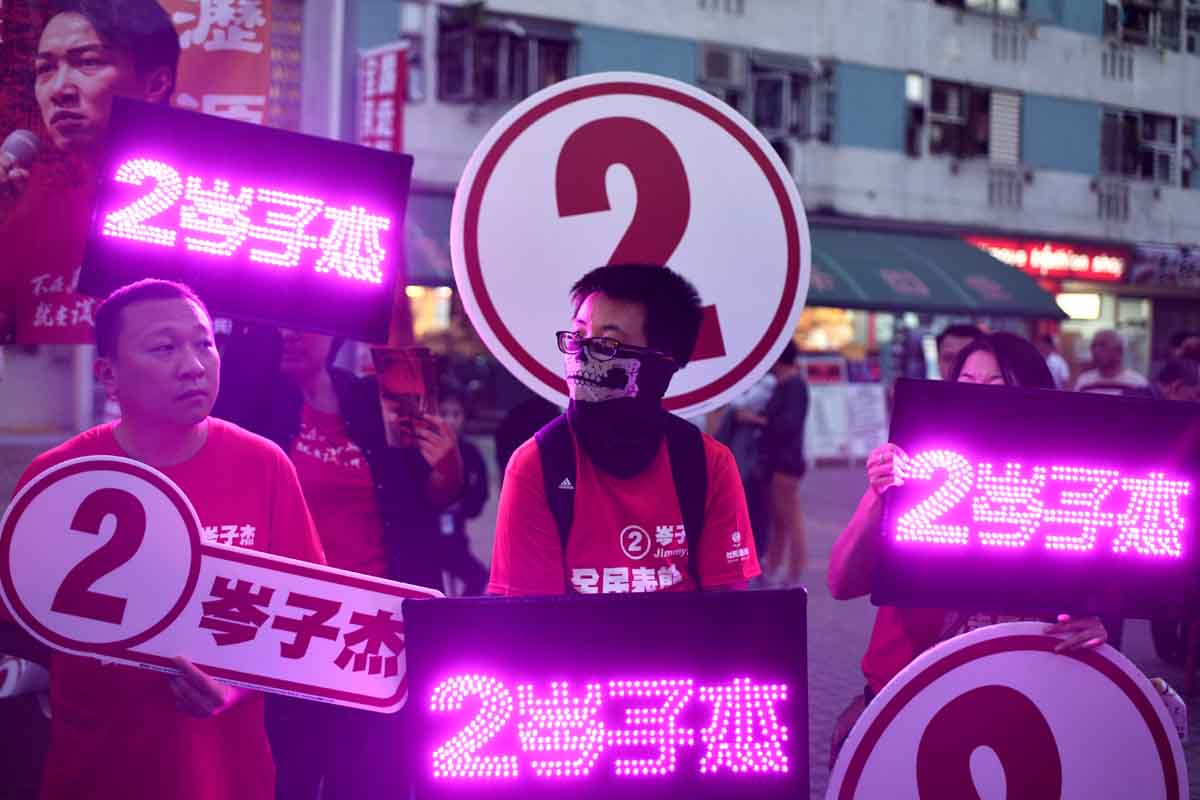It has been a watershed tryst with democracy in Hong Kong that has been convulsed by an upheaval since June. The outcome of Sunday’s district council election has been as resounding for the robust pro-democracy camp as it is to the administration of the embattled island nation and the People’s Republic of China further afield.
It has been what they call a “slap on the cheek” for the city’s government, helmed by the chief executive, Carrie Lam. Yet in the moment of romantic euphoria amidst the relentless mayhem, it is improbable that the violent protests that have roiled the city for nearly six months will stop if the authorities ~ kowtowing to Beijing as they are ~ continue to ignore the citizens’ political demands.
Advertisement
Albeit confined to the local councils, the vote has been a barometer of the democratic winds blowing across the sea, to use the language of the metaphor. As it turns out, it has been a proxy referendum on the city’s pro-democracy movement; nearly 3 million people voted, representing more than 71 per cent of the electorate and nearly half of Hong Kong’s population. In terms of what psephologists would call “absolute numbers” and turnout rates, it was the largest democratic participation that Hong Kong has ever seen.
Pro-democracy politicians took control of nearly all of the city’s 18 district councils in what appears to be a unanimous vote of no-confidence in the government. It is pretty obvious that the electorate has utilised the opportunity to express its dissatisfaction with Ms Lam’s administration. It is apparent too that they were anxious to exert pressure on the government to respond to their political demands, chiefly to jettison the extradition bill and to restore democratic freedom.
The crackdown at the behest of China had provoked comparisons with the Tiananmen Square brutality in 1989. The result has trashed the delusory perception of the administration that the “majority is supporting the government.” No, it isn’t. On Sunday, the majority demonstrated that they had little or no faith in the authorities of China’s protectorate.
Attention will now be riveted to the response of Beijing, and it is fervently to be hoped that President Xi Jinping’s China will pay heed to the loud and clear message of the protectorate. Political freedoms must also imply that Hong Kong gets unshackled from China’s overbearing influence. Thus far, Beijing has not responded to the demands of the people; democratic freedom is too prickly an issue to be actioned by the Hong Kong administration.
In the long term, the outcome does not inspire optimism quite yet. The worse could follow if China attempts to remote control the district councils by altering the rules of engagement. Nonetheless, Ms Lam’s pledge to “listen” does raise a scintilla of hope. For now, the ballot has scored a famous victory over the bullet.











